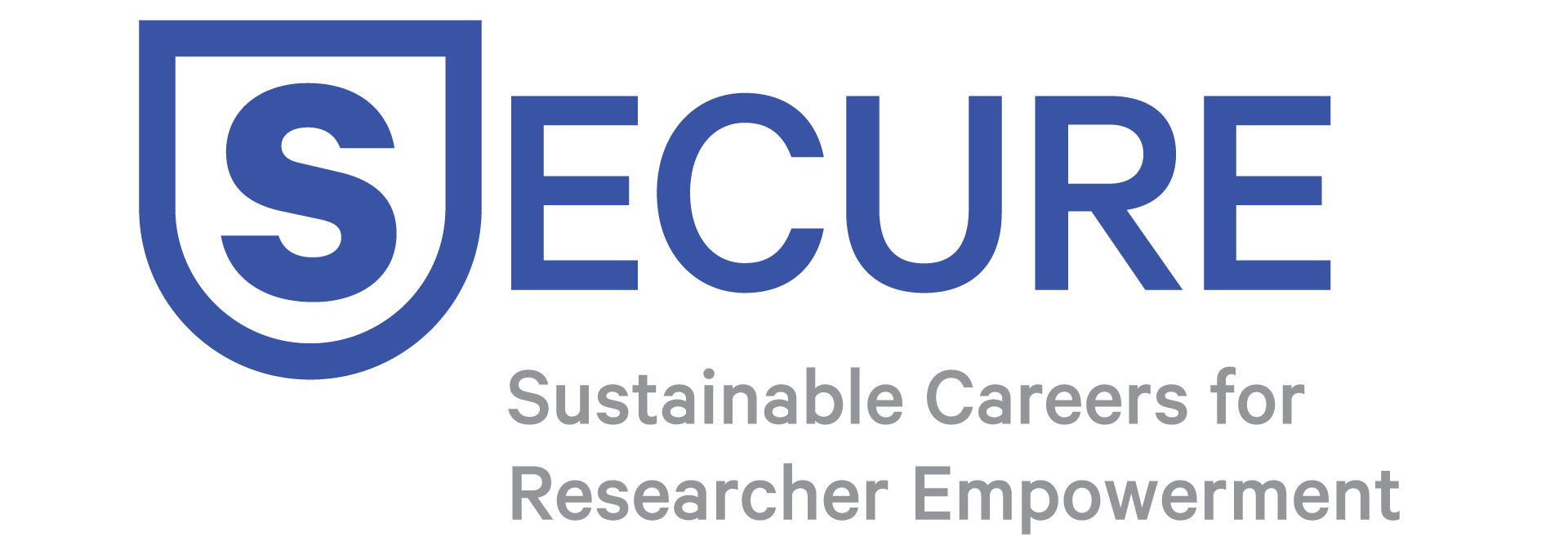YERUN (Young European Research Universities Network) and several other prominent university associations (Aurora Universities, Coimbra Group, European University Association, and The Guild of European Research-Intensive Universities) have issued a collective statement that responds directly to the European Commission’s Proposal for a Council Recommendation on a European framework to attract and retain research, innovation and entrepreneurial talents in Europe.

The European Commission’s proposal for a Council Recommendation on research careers is acknowledged with appreciation, with specific attention given to the European Competence Framework for Researchers (ResearchComp), an updated Charter for Researchers, and the introduction of an observatory on research careers (ReICO). However, it is emphasized that this proposal represents just a preliminary step in a series of more active commitments that Member States must undertake to realize the goal of enhancing research careers in Europe.
The statement has articulated concerns and suggestions for improvement, which revolve around the following key points:
Sustainable Framework Conditions and Long-Term Funding: The statement urges national governments to embrace the responsibility of improving framework conditions for higher education institutions (HEIs) through legislative changes and the provision of adequate funding. It is underlined that a shift from declining public core funding is crucial to prevent universities from becoming overly reliant on variable competitive funding. A balanced approach between short-term and long-term funding is deemed necessary at regional, national, and European levels, with close collaboration between governments and funders to ensure sustainable research careers.
Flexible and Diverse Career Pathways: The unique nature of doctoral education should be widely acknowledged and valued, particularly in fields like social sciences, arts, and humanities (SSAHs). Member States are called upon to remove obstacles hindering transnational and intersectoral mobility for researchers. Intersectoral mobility should be promoted and embedded within academic careers without compromising academia’s role as the primary employer of choice for research talents in Europe. That can only be achieved if career security is offered earlier in researchers’ careers and if universities can maintain their academic freedom without excessive administrative burdens.
Empowering Universities for Stable Careers: The statement highlights the need for clarity on criteria for the proposed one-third maximum threshold for fixed-term contracts in institutions. It stresses the importance of focusing on the type of contracts offered and their eligibility for social benefits. Long-term career avenues are essential, requiring consistent and sustainable core funding for universities, as a lack of stability may lead talented individuals to leave academia permanently.
Developing an Open and Sustainable Evidence Base: Creating a Research and Innovation Careers Observatory (ReICO) is fully supported. The statement emphasizes the importance of an open and transparent process for collecting data to monitor and evaluate aspects of sustainable research careers, including research funding and comparisons across various parameters.
In conclusion, the statement acknowledges the voluntary nature of the Council Recommendation and calls for caution to prevent further divergence in career pathways and talent retention strategies between countries. Striking a balance between progress and equitable opportunities for researchers remains a significant challenge. The protection of academic core values, the availability of high-quality research and innovation support offices, and the voluntary nature of incentives are all critical factors in enhancing research careers. Member States are urged to reflect on the need for proactive measures and accountability in implementing these recommendations, dedicating appropriate resources and efforts to the cause.

This joint statement reflects a unified commitment to fostering a more conducive environment for research careers in Europe. By collaborating and advocating for change, these university associations are working towards a future where researchers can thrive, innovate, and contribute to the expansion of knowledge in an environment that supports their aspirations and goals. The original statement can be found here.



